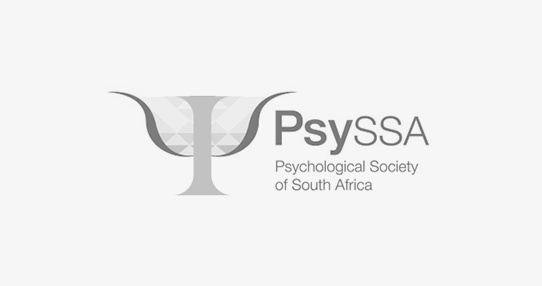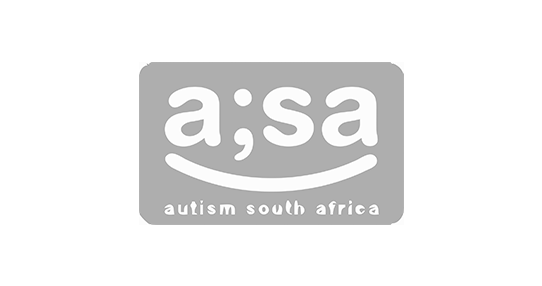
Psycho-Educational Assessments
School readiness, scholastic evaluation subject choice & career assessment in Centurion and Pretoria East, Gauteng.
School readiness refers to the state of early development that enables an individual child to engage in and benefit from early, formal learning experiences. A young child in this stage has reached certain levels of social and emotional development, cognition and general knowledge, language development, physical well-being and motor development crucial to optimal learning.
The assessment focuses on the emotional, developmental, social and behavioural development of the individual child, and includes formal assessment activities, projective techniques and interviewing significant others.
The assessment focuses on the emotional, developmental, social and behavioural development of the individual child.
The child is evaluated on five key areas, namely intellectual ability (IQ), scholastic ability (reading, writing, spelling, and mathematics), visual-spatial skills, sensory-motor skills and emotional maturity.
Learning Problems & Scholastic Evaluation
Some children experience difficulties when they enter formal schooling. The reasons for these difficulties are myriad, and it is often necessary to do a full assessment in order to determine the exact cause of their problems. The child is evaluated on five key areas, namely intellectual ability (IQ), scholastic ability (reading, writing, spelling, and mathematics), visual-spatial skills, sensory-motor skills and emotional maturity. The behaviour during assessment is also noted, including attention and concentration skills, ability to recognize errors, motivation to complete tasks, ability to plan work, ability to work independently etc.
Depending on the findings and feedback, the child will sometimes be referred to a neurologist, ophthalmologist, audiologist, speech therapist or occupational therapist for additional support and intervention. Specific recommendations will also be made to the parents and school if indicated, and could include therapeutic interventions on a weekly basis.
Subject Choice Assessment
Learners in Grade 9 are expected to make subject choices that will impact on their eventual career choice and future prospects. The assessment enables the child and parents to make an informed decision for the future. The evaluation includes the assessment of aptitude, personality, interest, personal narratives and scholastic achievement to date.
The assessment enables the child and parents to make an informed decision for the future.
A career assessment focuses on providing the individual with guidelines and information that will facilitate their decision-making.
Career Assessments
School leavers, and Grade 11 & 12 learners have the daunting and seemingly overwhelming task of choosing a career path that is well suited to their individual needs, ability and personality. A career assessment focuses on providing the individual with guidelines and information that will facilitate their decision-making and narrow down the many options available.
The evaluation takes the academic achievement of the child into consideration, and combines this with an aptitude, personality and interest assessment. The child’s personal narratives, their role models, life stories etc. are also considered during the assessment.






